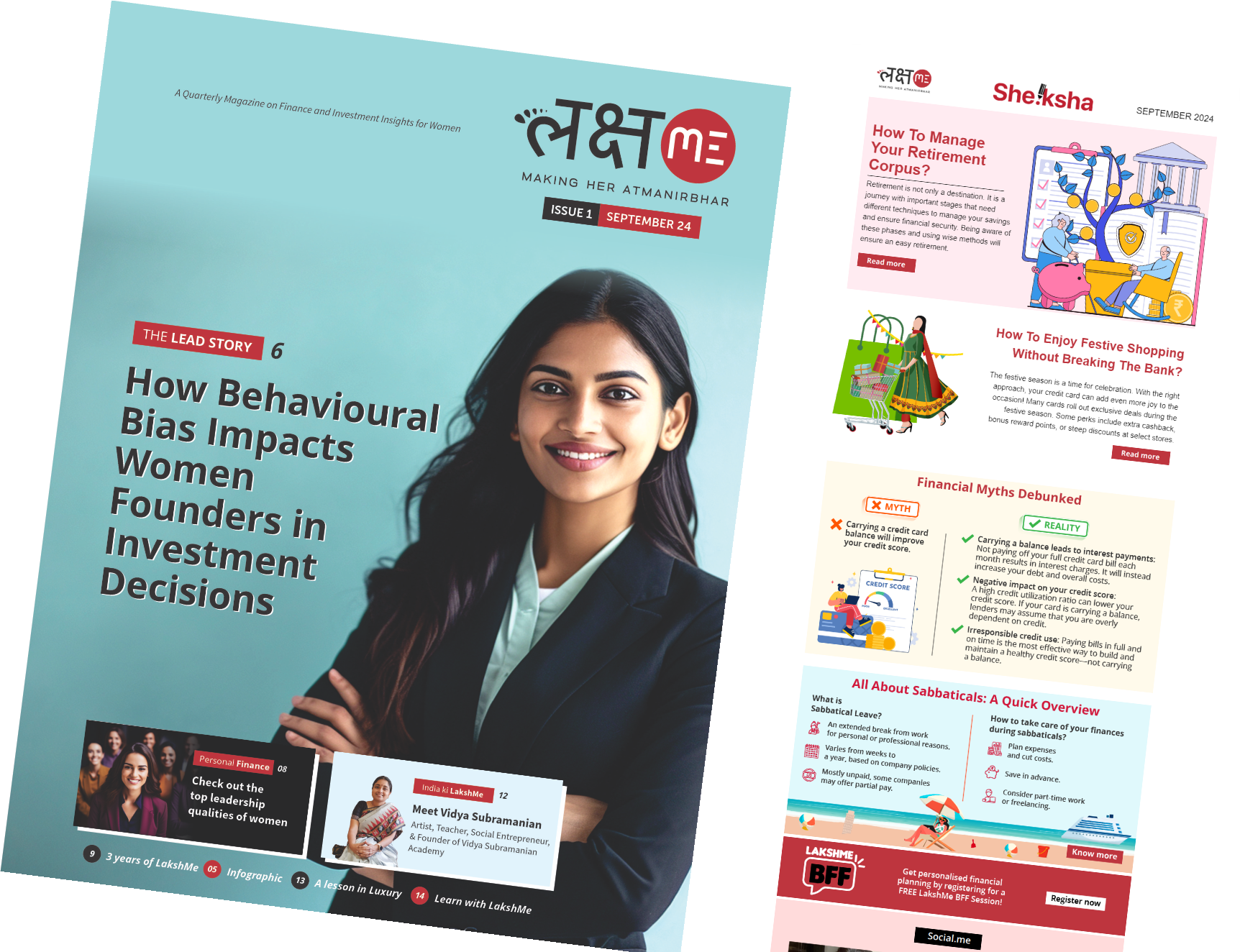How to invest in your 60s & 70s: Top 7 recommendations
The 60s and 70s are the golden years of your life when most of you must either have bid adieu to your job or planning to do so in the near future. This is the time to relax and fulfill that bucket list of yours that you had been putting off when you were tied up with work.
How many of you actually manage to do so?
Financial freedom is essential if you want to live an independent life in your old age. So, for those of you who are in your 60s and 70s, here are some useful investment tips –
Estimate your savings’ sufficiency before creating a portfolio
You need to estimate the retirement corpus that you have at your disposal before you plan a portfolio with it. Check how long your savings are expected to last considering your average lifestyle expenses. Then allocate your disposable income to different avenues keeping aside funds to meet your daily living expenses.
Create a source of income
Since you might lose your steady income after you retire, creating an alternate source of income helps as it creates regular inflows. Pension plans or annuities that offer monthly incomes. Mutual fund avenues also allow you to withdraw systematically every month to manage your cash flows. Depending on your risk appetite and investment horizon, you can choose a suitable product.
An emergency corpus is a must
You need an emergency corpus for medical exigencies or other emergencies which might arise at any time. Set aside 3-6 months’ worth of your income in an emergency fund. There are many options of liquid avenues, like liquid mutual funds, bank savings accounts, etc. to park your emergency fund and redeem it when needed.
Have sufficient health insurance coverage
A health insurance plan is a must in this age when your body grows frail and you might need frequent medical assistance. The coverage should also be sufficient to meet the expensive cost of medical treatments. If you have an existing health insurance plan, top it up with a super top-up health plan for enhancing the sum insured at affordable premiums. If you are uninsured altogether, opt for a regular or senior citizen policy depending on your age. Opt for comprehensive coverage so that the maximum possible medical costs get covered.
Opt for secured investment avenues
With the advancing age, your equity exposure should be substituted with debt. Equities are a riskier asset class. At this age taking high risks is not advised as you suffer capital erosion in a volatile market and lose the retirement corpus that you have painstakingly accumulated. So, opt for secured investment avenues like debt funds, fixed deposits, etc. to avoid volatility in returns.
Plan your estate
If you haven’t done estate planning, it is time to plan your inheritance. Assess your property and assets. Create a Will and invest in assets that you can leave behind for your family when you are no longer around. Estate planning is important so that your property is distributed to your loved ones as per your choice. It reduces the chances of familial disagreements over property when there is a Will stating how the property is to be allocated. So, to leave behind your estate harmoniously, plan it in advance.
Donate to a good cause
Giving back to society is quite gratifying. After you have secured an optimal income for yourself and followed the abovementioned tips, indulge in philanthropy. Donate to causes close to your heart so that you can do your part as a concerned individual and help those in need.
Use these tips and make your 60s and 70s a fun ride. Fulfil your desires and live independently without having to depend on your children for financial support. Also, create a legacy and show your family how much you love them.
Do you have any questions? Write to us











